DEFI or Decentralized Finance are an alternative to traditional finance. Traditional financial services are all products related to the means of payment or money management offered by a bank, a financial institution, insurance companies or investment companies among others.
These traditional finances carry with them a series of obstacles, limitations and regulations that make them unattainable for some and unattractive for others. Such as high commissions or control by banks and regulators.
Thanks to Blockchain and cryptocurrencies, DEFIs have arrived to update, improve and globalize this type of already obsolete finances, making them available to everyone regardless of where they are meaning if someone has access to the Internet, they can use them.
What are decentralized Finance (DEFI)?
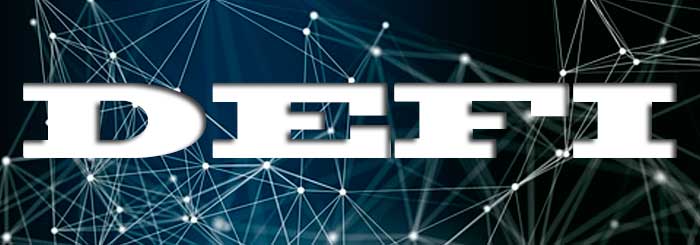
DEFIs are a new financial ecosystem, decentralized, global, transparent, resistant to censorship, without intermediaries and easily accessible, where each user has full control of their assets.
The tools to carry out these decentralized finances are digital assets, decentralized applications (dApps), Smart Contracts, protocols and decentralized exchanges (DEX).
And the alternatives that this new financial ecosystem offers are decentralized loans, decentralized oracles or non-custody token exchanges, among others.
Ethereum leads the decentralized finances from the beginning with projects based on Ethereum, such as MakerDAO or Augur, but little by little other large platforms in the sector such as EOS, Algorand or Tezos, among others, are preparing to claim their share of the pie.
DEFI loans
Among the financial alternatives offered by DEFIs, we can highlight decentralized loans, which have much higher returns than those offered by traditional market funds, even reaching 18%, against 2-3% of the traditional market.
Thanks to decentralized finances you can request a loan without the need for intermediaries.
What do these projects contribute to DEFIs?
Ethereum
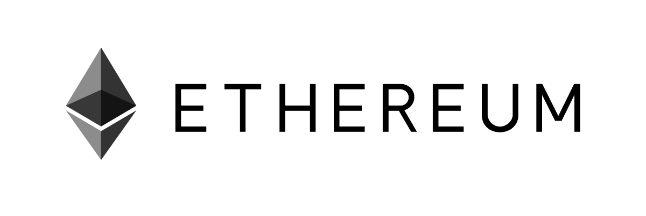
Despite the problems of scalability in its network, if there is a project associated from the beginning to the DEFIs that is Ethereum, for example, its products with the stablecoin DAI, have been acclaimed as immensely interchangeable financial products.
“I am very excited about the potential that DeFi offers in principle. The idea that anyone, anywhere in the world, can have access to a system that allows them to pay each other and choose their own financial exposure, is something really powerful.”, said Vitalik Buterin at the Ethereal conference held in Tel Aviv.
But, although Ethereum has been there from the beginning, it cannot be trusted as competitors begin to step on their heels.
EOS
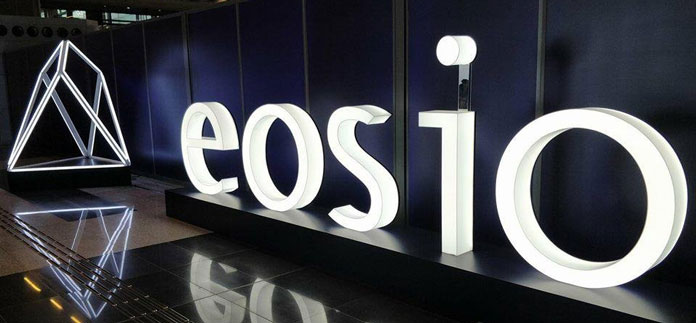
EOS is a high performance blockchain platform, one of its missions is to support decentralized applications that provide all the benefits offered by blockchain technology.
“When we talk about DeFi, ETH failed. Ask bitfinex, bancor or any team that wants to implement a simple order book in ETH. The EOSIO design is based on the initial lessons of decentralization of the bithares financial platform. Speed, low latency, ordered indexing, floating point and C++, are only available in EOSIO. EOSIO has RAM, leasing of network bandwidth resources, banking, token name bidding and various anchor token designs in the market. The decentralized future is in EOSIO.”, tweeted Daniel Larimer on his Twitter account.
Algorand
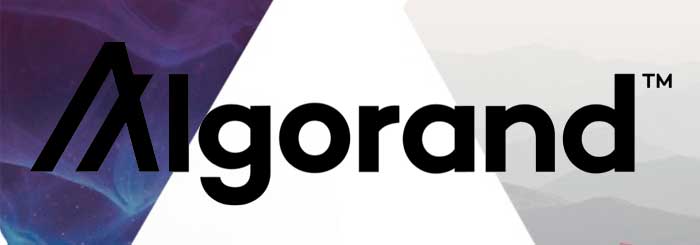
Algorand seeks to provide the same services that Ethereum offers, only with better performance and ending the common security, scalability and decentralization problems that other blockchain have.
“Our participation test protocol is the first of its kind to support the scale, open participation and purpose of transactions for billions of users. All backed by a sustainable business and a recognized team of experts.”, they state on their website.
As for the DEFI, as announced by its Founder Silvio Micali, Algorand is working on the generation of new fungible tokens and the execution of multipartite atomic transfers (AMPT).
Tezos
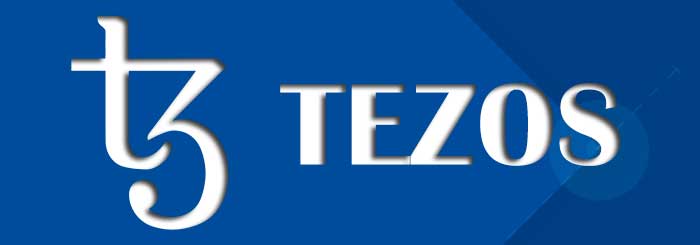
Like its competitors, Tezos works to be a tool for the development of smart contracts and decentralized applications (dApps).
“The Tezos Foundation is pleased to announce that 14 new grants have been issued for projects submitted in response to its most recent request for proposals (RFP). The Foundation considered proposals targeting the following categories as part of this RFP: Applications created using contracts Tezos smart (with special interest in decentralized finance or “DeFi” applications) “, they say on the tezos foundation blog.
Of these projects, the focus on DEFIs is Protofire, a development team focused on the smart contracts.
The post DEFI, What are decentralized finances and how do they work? appeared first on Crypto Economy.
